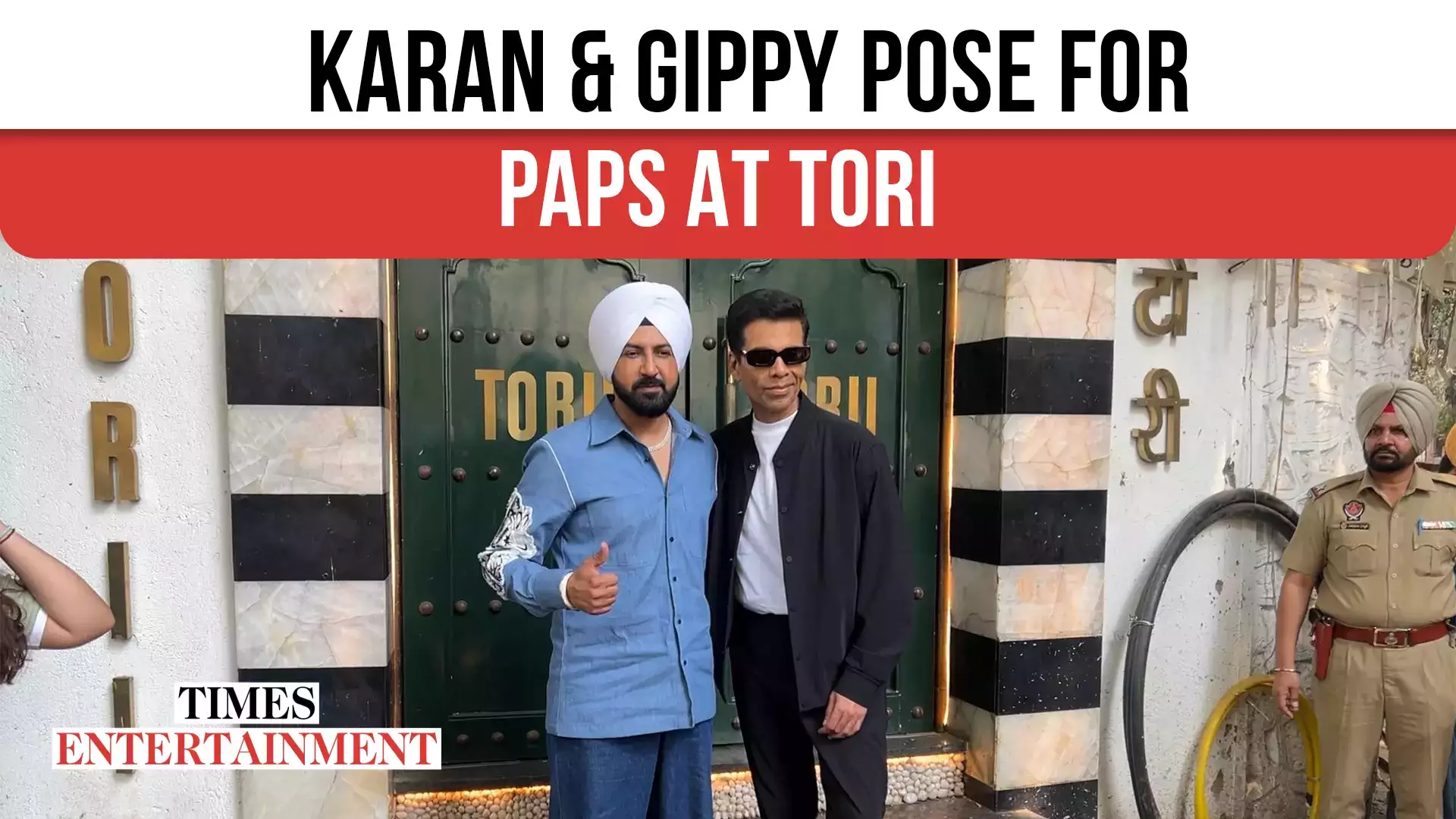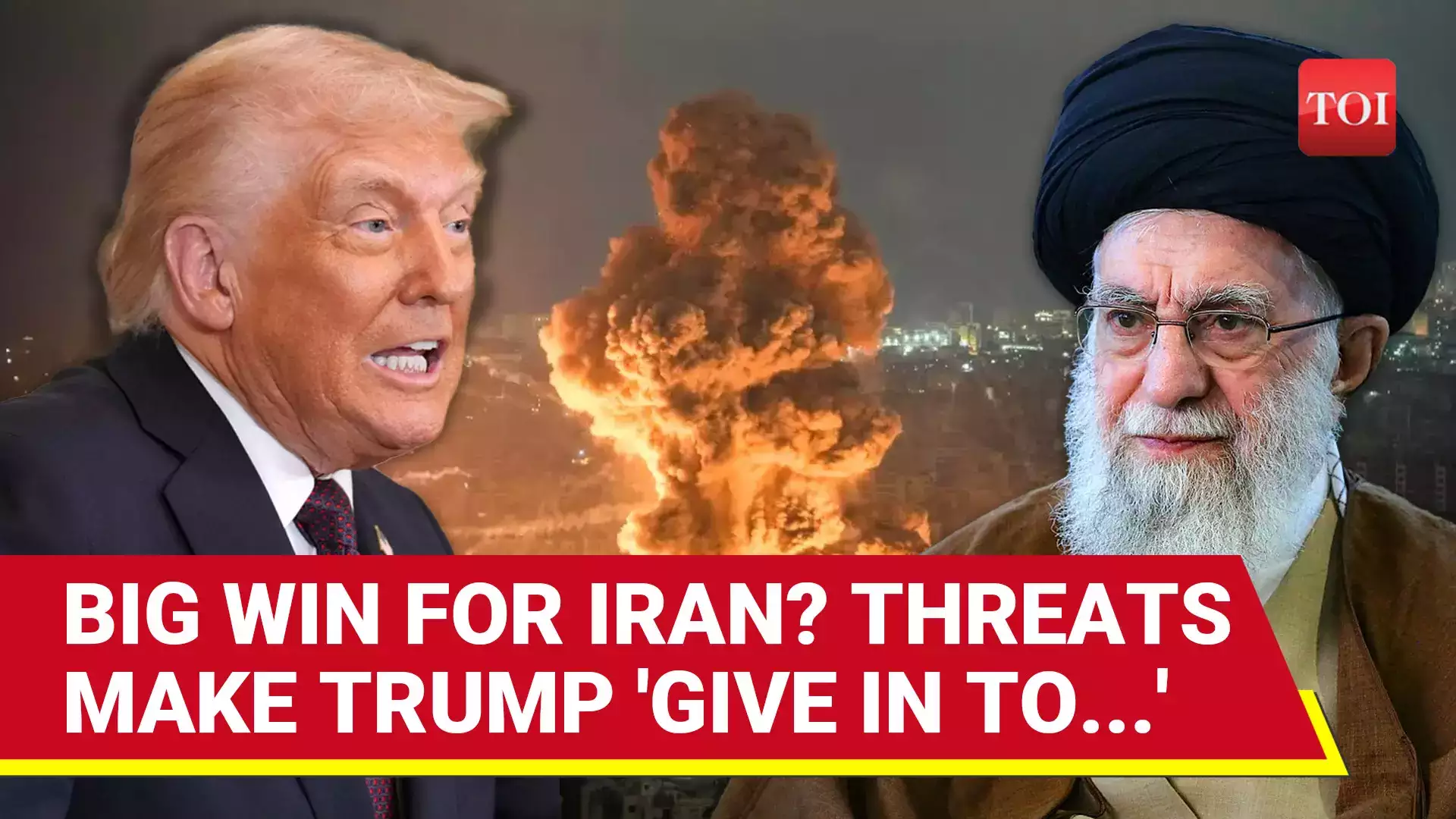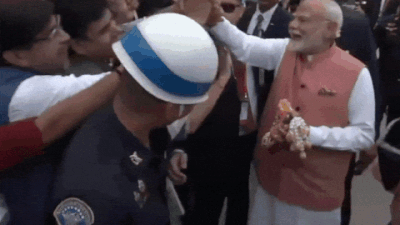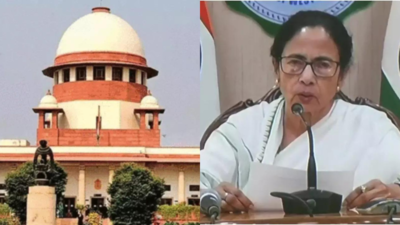
UK MP Bob Blackman has urged the British government to formally apologize for the Jallianwala Bagh massacre of 1919, where hundreds of unarmed Indians were killed under General Dyer’s orders. The call for accountability has reignited discussions on colonial-era atrocities and brought renewed attention to C Sankaran Nair , a key but often overlooked figure who took a bold stand against British rule. Speaking in the House of Commons on Thursday, Blackman described the massacre as a "stain on the British Empire.
" He recounted how British troops, acting under General Dyer’s command, fired on a peaceful gathering in Amritsar, killing an estimated 1,500 people and injuring 1,200 more. “Could we have a statement from the Government admitting to what went wrong and formally giving an apology to the people of India?” he asked. Born in 1857, Nair was a distinguished lawyer and nationalist.

As a member of the Viceroy’s Executive Council, he resigned in protest after the massacre, refusing to be part of the colonial administration. He later authored Gandhi and Anarchy, a scathing critique of British policies, which led to a libel case against him in London. Despite legal challenges, Nair remained firm in exposing British atrocities.
Though his contributions were significant, Nair’s legacy has largely faded from public memory. The Jallianwala Bagh massacre, which took place on April 13, 1919, was a turning point in India’s independence struggle. Nair, then a member of the Viceroy’s Executive Council, resigned in protest.
He later authored Gandhi and Anarchy, exposing British repression, and fought a libel case in London for his criticism. While former UK Prime Minister Theresa May in 2019 expressed "deep regret" for the massacre, no formal apology has been issued..















